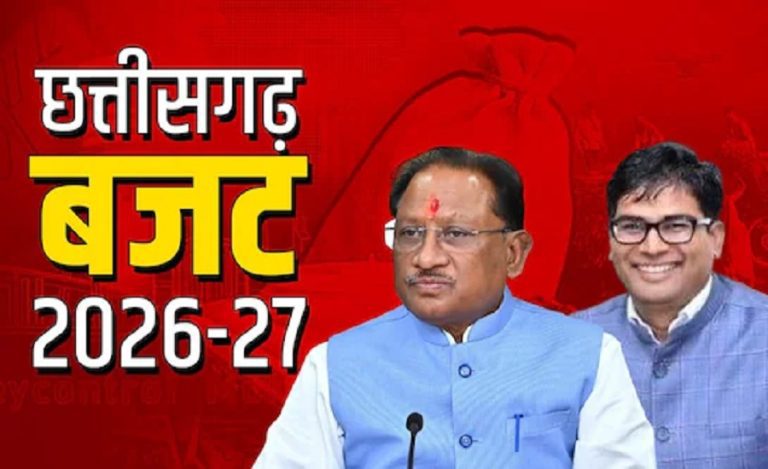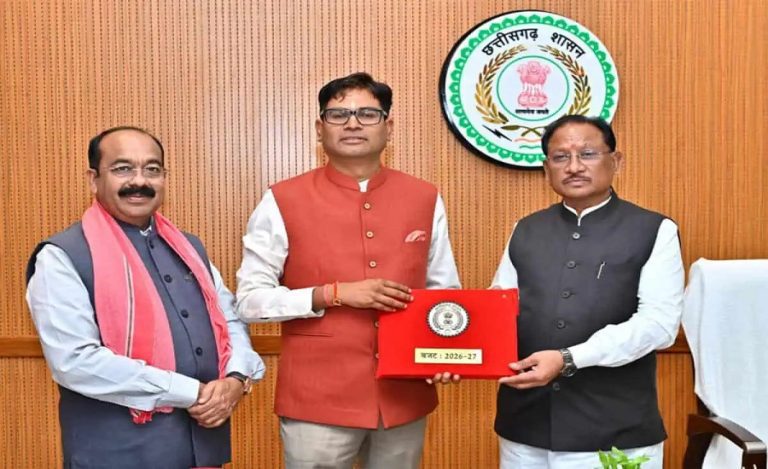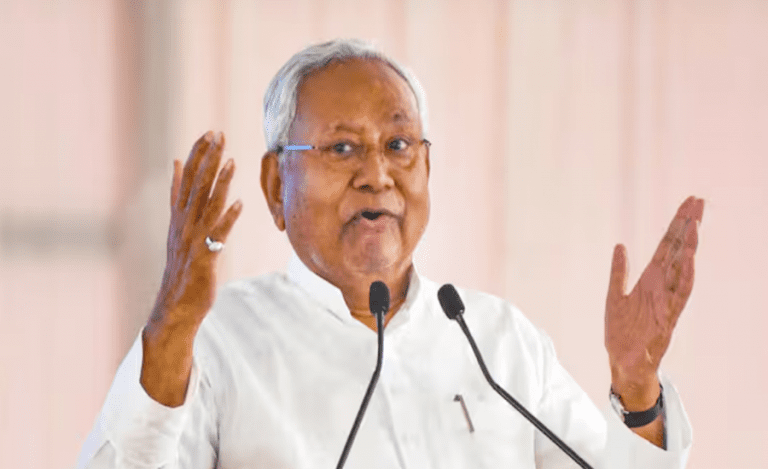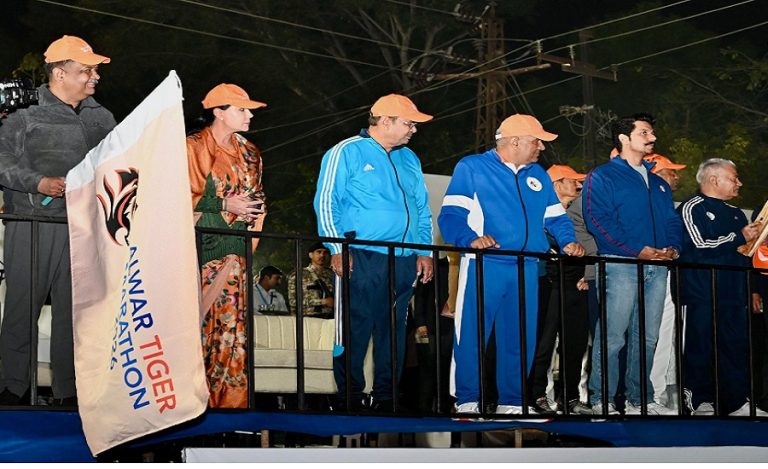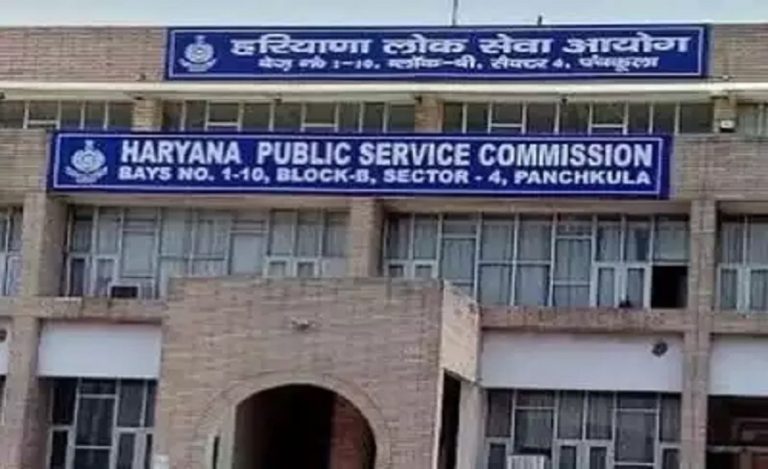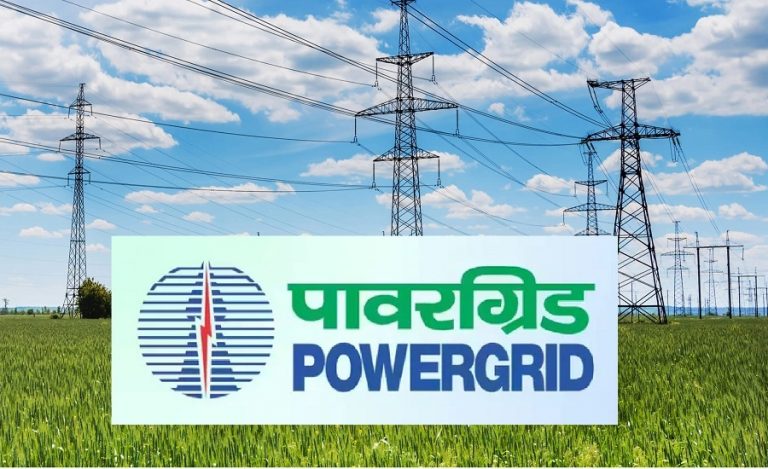The Indian Administrative Service (IAS) is often seen as a dream career, symbolizing power, prestige, and the ability to enact societal change. However, for IAS officer Neha Marwya, this dream has been overshadowed by systemic biases and missed opportunities.
Former IAS officer Renuka Viswanathan once noted, “Refusal of district collectorships to women has been rampant in the service since early decades post-Independence.” Her words encapsulate the challenges faced by Marwya and many other women in the IAS, highlighting entrenched gender biases that continue to hinder their progress in administrative roles.
Who Is Neha Marwya?
Neha Marwya, an IAS officer of the 2011 batch, is renowned for her steadfastness and integrity. Her career has been marked by controversies, particularly when she stood against corruption. While investigating irregularities in the Aajeevika scheme, she resisted pressure from senior officers to shield wrongdoers. As a result of her refusal, Marwya was transferred to another department—an all-too-common consequence for officers who prioritize honesty over conformity.
14 Years Without a Field Posting
Despite her dedication and qualifications, Marwya has never been granted a field posting. Speaking during an IAS officers’ meeting in Bhopal in December 2023, she voiced her frustrations and revealed the extent of her marginalization.
Marwya disclosed that her career has been limited to desk roles with minimal responsibilities. She served as Deputy Secretary in the Panchayat and Rural Development Department for three and a half years, followed by a similar tenure in the Revenue Department for two and a half years. For the past nine months, she has had no assigned work. Expressing her dismay in an IAS Officers Association WhatsApp group, she wrote, “It deeply saddens me when this issue is discussed. In 14 years, I have never been posted in the field. I feel as if I have been confined within walls.”
The Gender Bias in IAS Postings
Marwya’s experience highlights systemic biases that disproportionately affect women officers in the IAS. Although women have constituted approximately 30% of IAS entrants since 2014, their representation in critical field postings remains dismally low. Only 19% of districts in India are led by women District Magistrates (DMs).
States like Haryana (4%), Chhattisgarh (7%), and Madhya Pradesh (10%) rank among the worst performers in appointing women DMs. Former IAS officer Renuka Viswanathan observed that women are often deemed unsuited for demanding roles like that of a DM due to societal expectations regarding domestic responsibilities. This perception relegates women to desk jobs, stifling their career growth and limiting their chances to progress to top positions.
Furthermore, the political lobbying required to secure key postings often puts women at a disadvantage. Many women officers are relegated to roles that mimic a 9-to-5 schedule, keeping them in secretariats and away from impactful field assignments.
A Broader Issue of Accountability
Neha Marwya’s struggle underscores a larger issue within the IAS—a lack of transparency and accountability in assigning postings and ensuring equitable career opportunities. Officers who refuse to compromise their integrity or fail to conform to traditional norms are often sidelined. Marwya’s story is not just a personal tale of frustration but a call to address systemic flaws in the IAS.


